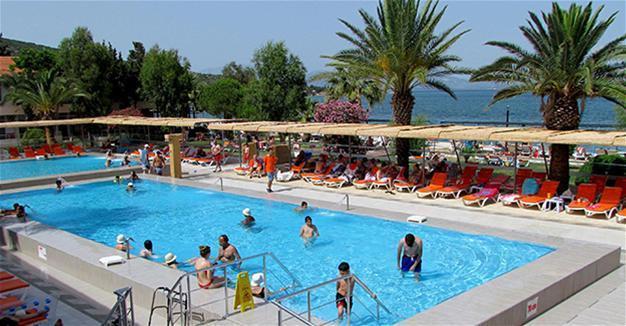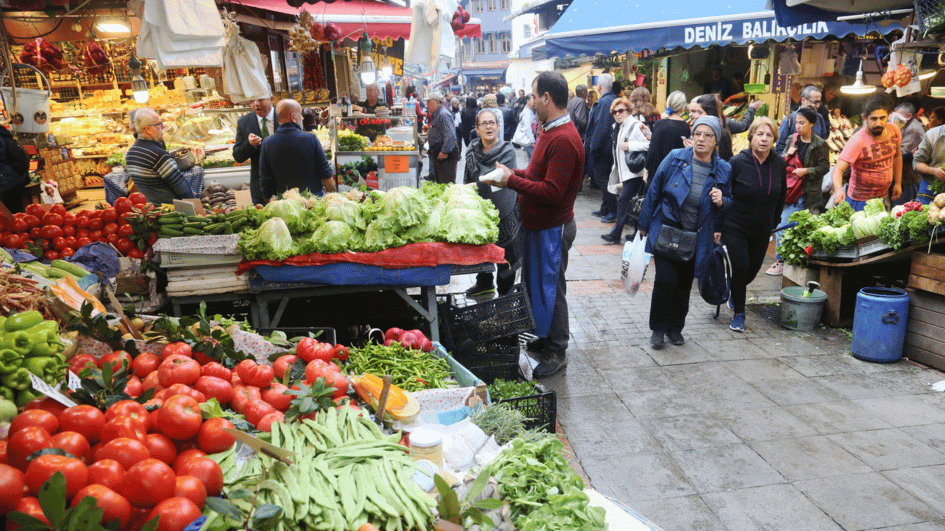Occupancy rates soar in Turkish hotels with slight increase in room prices
ISTANBUL

Turkey’s hotels continued to see a significant increase in occupancy rates in February and witnessed a slight year-on-year increase, but their room prices were still at low levels, a sector association has announced.
The head of the Hotels Association of Turkey (TÜROB) on March 29 said the hotel occupancy rates surged to 62.5 percent in February with a 23.5 percent year-on-year increase.
According to a TÜROB report, which is based on STR Global data, Turkey’s hotel room prices rose to 57.4 euros with a 1.9 percent increase compared to the same month of 2017.
TÜROB President Timur Bayındır said the room prices which plunged in 2016 were not recovering at the desired levels.
The biggest factor that will lead to a significant increase in room prices will be a strong recovery in congress and business event tourism, he noted at a meeting in Istanbul, according to a follow-up press release from the association.
Saying that the government’s subsidies to the sector were welcomed by the sector, Bayındır said such steps should be complemented by promotional campaigns especially for Istanbul.
While Istanbul saw the highest increase in terms of hotel occupancy rates among all European destinations with a 35.1 percent year-on-year increase in February, the city’s hotel room prices rose slightly by 3.3 percent to 68.7 euros.
In February, Istanbul’s hotel occupancy rates rose to 65.1 percent, according to TÜROB data.
At the meeting, Deputy Culture and Tourism Minister Hüseyin Yayman said that while Turkey was the world’s most visited tourism destination, it ranks 12 in terms of tourism revenue.
“We have been aware of the structural problems of the Turkish tourism sector, including an extremely high number of all-inclusive hotels and an overemphasis on summer tourism rather than a 12-month-long approach. Another issue is about diversification. Yes, we want to diversify our tourism markets, but we don’t want to lose the European market. Europe is an indispensable market for us. It is impossible for us to sustain our sector and to reach our long-term tourism targets,” he said, as quoted by Reuters.
According to global sector players, there was a 50 percent of year-on-year increase in Germans’ bookings for Turkey over this year.
“It is a great development for us to see Europeans are backing Turkey,” Bayındır said.
















